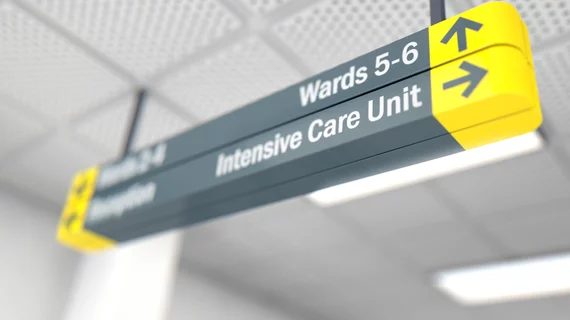CMS may charge hospitals for not posting prices online
The Centers for Medicare and Medicaid Services has proposed charging hospitals that fail to post their list prices online as required. The proposed rule increases penalties for noncompliance from the current maximum rate of $109,500 per year.
Hospitals are supposed to publish their list prices online, enabling consumers to shop around for the best price for their procedures. The rule, which was mandated by former President Donald Trump, went into effect January 1, 2021. However, nearly one-third of 4,885 acute care, children’s or rural primary-care hospitals have failed to provide any price transparency, according to an analysis by Turquoise Health Co. published by The Wall Street Journal.
President Joe Biden issued an executive order earlier this month pressing hospitals to comply with the price transparency mandate. Not only does price transparency help patients make better choices, it also boosts competition that could ultimately lower health care prices, supporters maintain.
“As President Biden made clear in his executive order promoting competition, a key to price fairness is price transparency,” HHS Secretary Xavier Becerra said in a statement. “No medical entity should be able to throttle competition at the expense of patients. I have fought anti-competitive practices before, and strongly believe health care must be in reach for everyone. With today’s proposed rule, we are simply showing hospitals through stiffer penalties: concealing the costs of services and procedures will not be tolerated by this Administration.”
CMS proposed a penalty of $300 per day for smaller hospitals with a bed count of 30 or fewer and a penalty of $10/bed/day for hospitals with a bed count greater than 30, not to exceed a maximum daily dollar amount of $5,500, for not publishing their prices. The total maximum penalty for a year would exceed $2 million under the proposed rule.
“CMS is committed to addressing significant and persistent inequities in health outcomes in the United States and today’s proposed rule helps us achieve that by improving data collection to better measure and analyze disparities across programs and policies,” said CMS Administrator Chiquita Brooks-LaSure. “We are committed to finding opportunities to meet the health needs of patients and consumers where they are, whether it’s by expanding access to onsite care in their communities, ensuring they have access to clear information about health care costs, or enhancing patient safety.”
While the price transparency mandate aims to help consumers feel more savvy in the healthcare industry, past surveys have revealed they actually don't shop around all that much for healthcare services. Plus, most hospitals are failing to meet the mandate and may prefer to take the monetary penalty rather than publish their prices. Additionally, the rule ignores one of the top drivers of higher healthcare prices: hospital and health system mergers.
See the proposed rule here.

